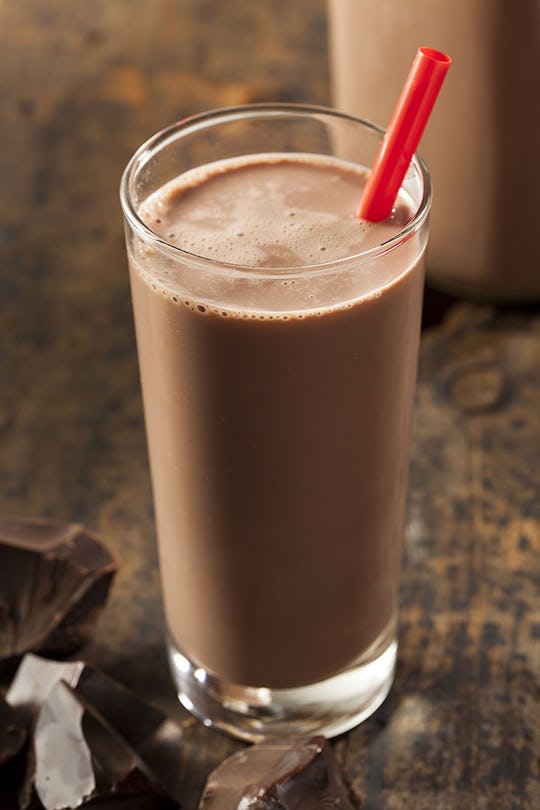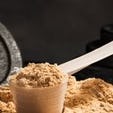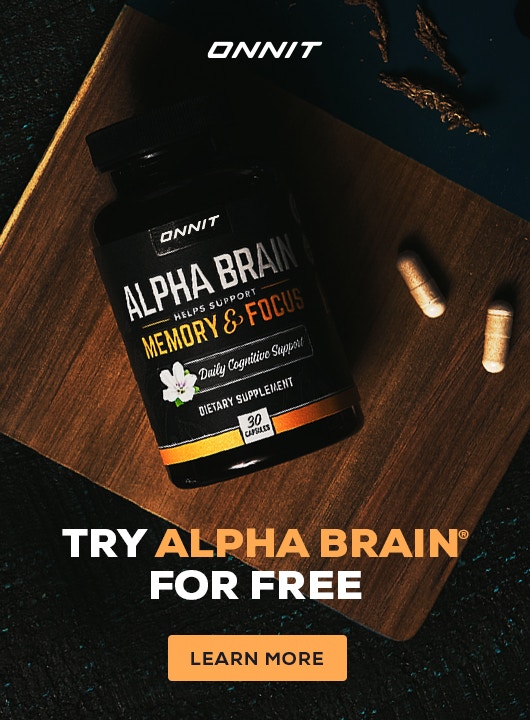The concept of exercise recovery isn’t new, but its hype is growing as athletes at every level are looking for new and different ways to get an edge on the competition. And the reality is, if you recover from exercise faster, and perform better as a result of an effective recovery, you’ll have no problem beating the snot out of those who don’t recover as quickly or as well.
What is Recovery?
Every time you exercise, what you’re actually doing is placing your body under high levels of voluntary stress. You’re damaging muscle tissue and depleting glycogen stores as you simultaneously raise your breath and heart rate and excite your cells.
Recovery, then, can essentially be defined as how long it takes your body to return to its pre-exercise physiological state. Your cells return to homeostasis, your heart rate normalizes, your glycogen stores are replenished and your muscle cells have been repaired.
As long as you’re eating a well-balanced, nutrient-dense diet and you’re getting plenty of sleep, it’s completely possible for your body to recover on its own without excessive thought or planning. That said, to maximize recovery time and ensure your next workout is as stellar as the one before, it’s important to be cognizant of basic recovery strategies.
The way you hydrate, fuel and rest after a workout absolutely affects how your body responds to the stress you placed it under.
Rehydrating After a Workout
There’s a lot of talk about post-workout nutrition and supplementation when it comes to recovery. There’s no doubt that these topics deserve a spot at the table (and I’ll be getting to them shortly), but one of the most important factors you need to consider when thinking about recovery is hydration.
Understanding that the human body is comprised of roughly 60-percent water (the actual level depends on factors like age, sex and muscle mass), it shouldn’t be hard to grasp that pretty much every bodily function depends on and is affected by hydration level.
Even mild dehydration can affect performance and increase your recovery time by slowing cellular turnover, the removal of waste products from the bloodstream and the delivery of key nutrients to hungry cells. The more dehydrated you are and the longer you remain dehydrated, the more detrimental the effects on recovery time.
Rehydration protocols are fairly straightforward, although they do vary based on the type of exercise you perform, the length of your workouts and the environment you’re exercising in (for instance, very hot or cold environments). To maximize recovery time, make sure you’re drinking about 7 to 10 ounces of water every 15 minutes during exercise, then keep sipping after your workout is done. If your urine is pale yellow or almost clear, you’re probably doing a pretty good job of staying hydrated.
If your workouts last longer than an hour, or if you’re performing particularly intense exercise in a hot environment that results in excessive sweat loss, you may also want to consider rehydrating with an electrolyte-infused drink, such as coconut water.
Electrolytes, including sodium, potassium, calcium, chloride, magnesium and phosphorus, play key roles during muscle firing and contraction. While electrolytes lost through sweat can typically be replaced through dietary sources, during long or intense bouts of exercise, it’s a good idea to supplement losses with electrolyte-rich drinks to ensure you recover effectively.
Key Nutrients Post-Workout
Exercise is very catabolic. The stress you place on your body results in damage to muscle fibers and the breakdown of nutrients for fuel. Your body eats up blood glucose and muscle glycogen, and as a result, it needs to replace these stores to effectively return to homeostasis during recovery.
For effective exercise recovery, you need to consume carbs to restore glycogen and blood glucose levels, and you need to consume proteins to provide your body with the essential amino acids (in the right ratios) to encourage cellular turnover and to repair muscle tissue.
Please hear me: It’s perfectly possible to do so through a well-managed nutrition plan, but you have to be conscientious to do it effectively. You must time your post-workout meal – aiming to eat within 1-2 hours of your workout, and you must eat the right type of macronutrients in the right ratios.
The “perfect ratio” of carbohydrate to protein post workout is between 3:1 or 4:1 carbohydrates to proteins. So for every three to four grams of carbohydrates, you should consume 1 gram of protein. This meal should include an easily-digestible carbohydrate and a complete protein.
For instance, you could eat a chicken breast and a baked sweet potato (chicken delivers the protein and the sweet potato delivers the carbs) or you could drink a glass of chocolate milk, which many studies indicate is a “perfect” recovery drink due to its high levels of branched chain amino acids (leucine, isoleucine and valine), protein, carbs and electrolyte content.
The benefit of relying on food for post-workout recovery is that food sources are typically consumed in mixed meals that deliver macro and micronutrients together. This means your body takes in multiple nutrients at once, using their benefits in combination, rather than isolation.
The challenge, however, is that planning ahead and preparing foods in advance with the perfect ratio of carbs to proteins isn’t feasible for everyone. That’s where supplements come in.
Opting for Supplementation
Supplements definitely have their place. They’re there to supplement a nutrient-rich diet, delivering key macro and micronutrients when it’s difficult for them to be consumed from food sources. The trick is that supplementation talk is very confusing. Lots of people share their opinions without really understanding the role each supplement plays.
Compounding the confusion are two factors:
1. Research in the field is still relatively new – scientists are regularly discovering new findings, so the “rules” are always in flux – what was thought to be true five years ago about one supplement or another may no longer hold water today.
2. Supplements are typically studied in isolation, or in small combinations, rather than the conglomeration of macro and micronutrients typically experienced when consuming whole foods. This means it’s hard to draw straightforward conclusions between the benefits of supplementation vs. consuming whole foods, especially given the relative newness of the field and the research within it.
The results of these two factors are a lot of excessively angry people “shouting” at each other online, swearing they’re right and everyone else is wrong.
Here’s my take on the subject:
For high-performance athletes, for those pursuing very specific performance goals, where constant food consumption simply isn’t possible, and for those who are always “on the go” and find it difficult to plan post-workout meals, supplementation is a no-brainer. Supplements can “fill the gaps” when eating whole foods is too difficult, ensuring you’re getting the nutrients you need to recover effectively.
If you fall into any of these categories, I still suggest looking for “mixed” supplements that provide a combination of nutrients together, much like you would get during a meal. For instance, look for a supplement that includes a high-quality protein source full of branched chain amino acids to help maximize muscle repair and hypertrophy. Make sure it also includes an easily digestible carbohydrate; maltodextrin, for instance, has a high glycemic index with fast cellular uptake to speed glycogen recovery.
You may also want to look for a supplement that includes other amino acids, such as glutamine. Glutamine is a non-essential amino acid (meaning your body can make it on its own – it’s not required from food sources).
What you must understand about glutamine is why you might want to take it for post-workout recovery. As an isolated muscle-building aid, its ergogenic benefits haven’t been proven. It doesn’t appear to help in isolation to enhance muscle protein synthesis. However, studies from 2013 and 2014 indicate that glutamine supplementation post-workout may have an anti-inflammatory effect that may reduce recovery time between repeated bouts of exercise.
It’s still too early in research to determine the absolute benefits of glutamine supplementation for post-workout recovery, but it certainly doesn’t appear to be detrimental, and if it does, in fact, reduce inflammation and help with recovery, it’s worth including.


)





